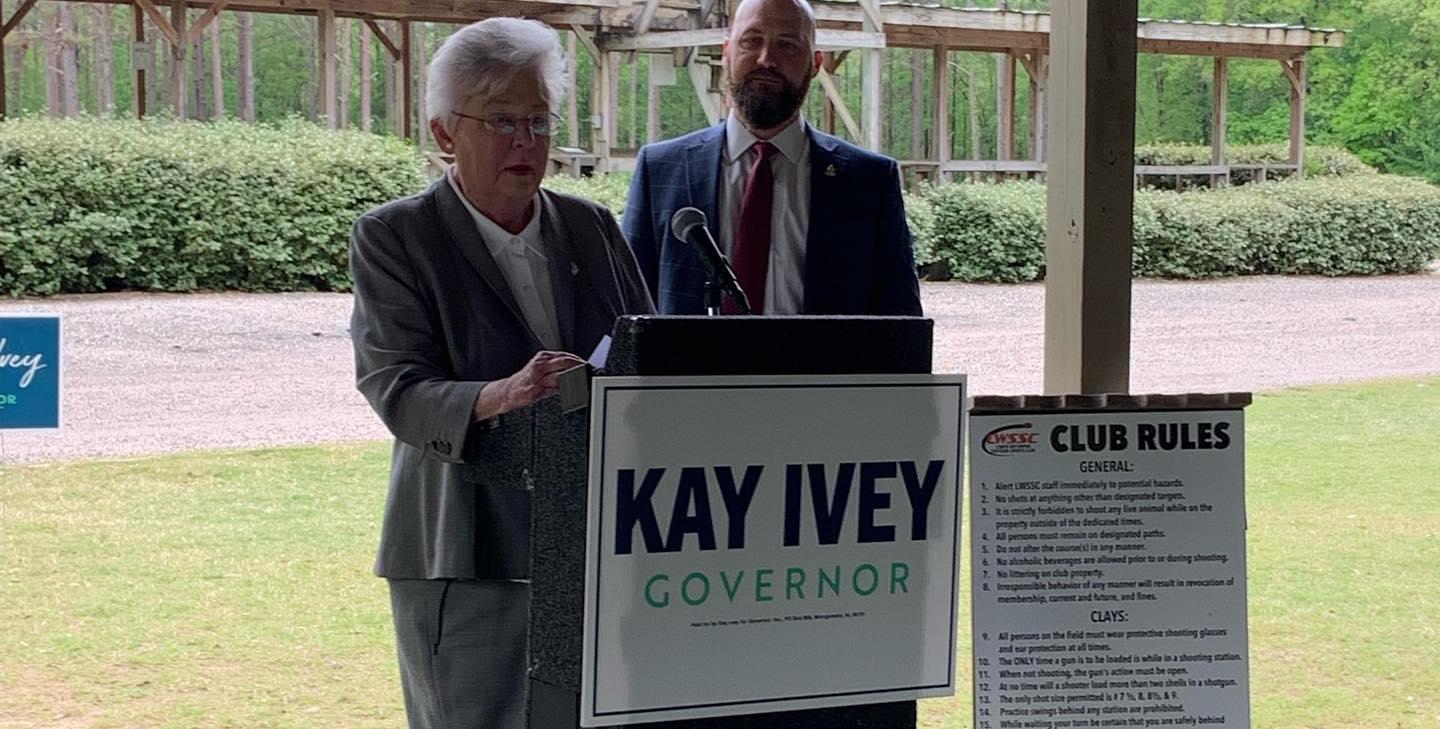Alabama Gov. Kay Ivey (R) told reporters on Monday that her biggest disappointment in the recent legislative session is that gambling did not pass.
1819 News asked: Governor, you got much of your agenda passed during the recent legislative session. What, if anything, is your greatest regret of this session where things didn't quite go like you planned?
"I was disappointed that they did not get the gambling bill passed," Ivey said. "Not that I am so much for gambling, but I do think the people of Alabama ought to have the right to make that decision. I wish that had passed the legislature so that people could vote it up or down in November."
Currently, there are at least 31 gambling facilities operating in the state of Alabama. The Poarch Band of Creek Indians (PCI) has three electronic bingo casinos that operate under the auspices of the federal government's Indian Gaming Act. The others operate in defiance of state law. Ivey, like her predecessor Gov. Robert Bentley (R), has not enforced the state constitution's ban on those casinos, even though the state Supreme Court has previously ruled that bingo is a game played on paper cards and that any form of electronic bingo is actually a slot machine, thus illegal under the Alabama constitution.
In the 2020 Alabama Regular Legislative Session, Ivey set up a special governor's select committee on gaming chaired by former Montgomery Mayor Todd Strange. That committee produced a Dec. 2020 report stating that the state could make $600 to $800 million a year by entering a compact with the PCI, create casinos at all of the state's dog tracks, allow all of the casinos to have slot machines and table games, start a state lottery, and create legalized sports betting.
Gambling is forbidden by the 1901 Constitution of the State of Alabama, though there are constitutional amendments allowing charity bingo, dog racing, and horse racing. To legalize gambling requires a state constitutional amendment, passage of which requires a supermajority of both houses of the state legislature and then ratification of that amendment by state voters.
In 2021, the Senate narrowly approved gambling legislation and cleared committee in the House of Representatives, but the controversial measure was never brought to the floor due to wide disagreements over who would be given the sought-after regional gambling monopolies, the number of casinos allowed, and how the money would be spent.
Sen. Greg Albritton (R-Atmore) brought similar comprehensive gambling legislation during the 2022 legislative session, but that bill faced such opposition that it was never brought to the floor of either body. State Rep. Chip Brown (R-Hollinger's Island) introduced a bill creating a lottery, but that similarly faced far too much opposition to be considered by either house. Many legislators oppose casinos but support a state lottery. Many casino advocates will not support a lottery alone, because they feel that that would doom future casino legislation. Other legislators oppose gambling in any form and some legislators support comprehensive gambling legislation, but only if any casino operating illegally in their district is made legal by that bill. There are also wide disagreements on whether gambling revenues should be earmarked and if earmarked where should that money go and whether the legislature or some new government body would appropriate those funds.
To connect with the author of this story, or to comment, email brandon.moseley@1819News.com.










